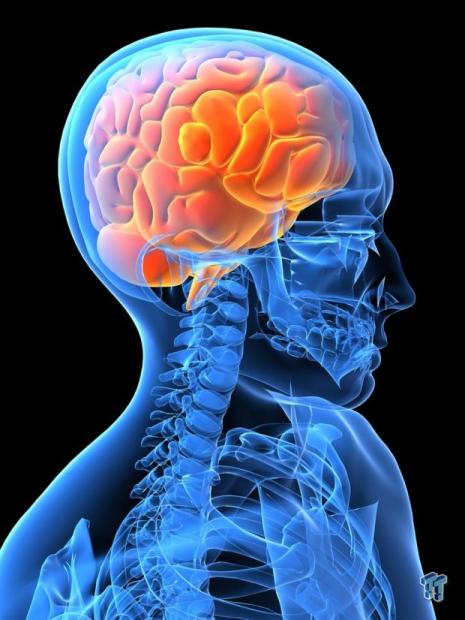The Pentagon is investing millions of dollars to develop technology that can be used for brain implants able to help patients recall memories. The surgically-installed implant is the latest idea from "neuroprosthetics," designed to help military personnel wounded and suffering from traumatic brain injuries (TBIs).
The Defense Advanced Research Projects Agency (DARPA) has teamed up with the University of Pennsylvania and University of California at Los Angeles, working together on the Restoring Active Memory program. Geared towards declarative memory, which is the brain's method to "record and recall times, places and other facts necessary for daily living."
"We don't have the Rosetta Stone for the memory system," said Michael Kahana, University of Pennsylvania computational memory lab director, in a recent statement. "The DARPA project is trying to dramatically accelerate that effort to decipher that Rosetta Stone. We're poised to do it. With this multisite effort, we might just be able to pull it off."
Led by the U.S. government, the same type of device could be utilized in the civilian medical world one day, according to researchers.


